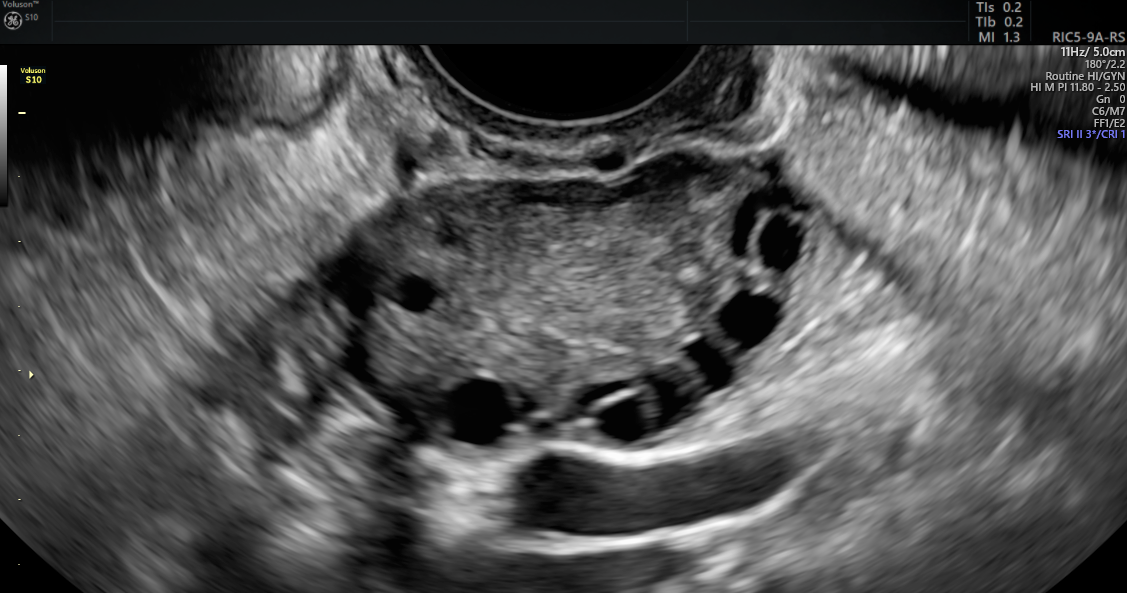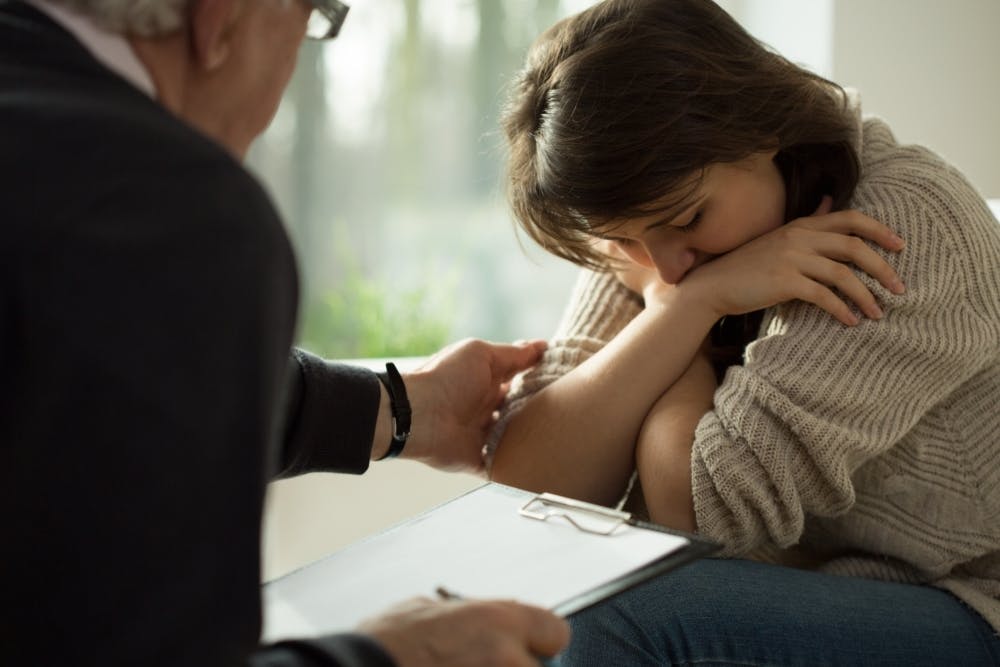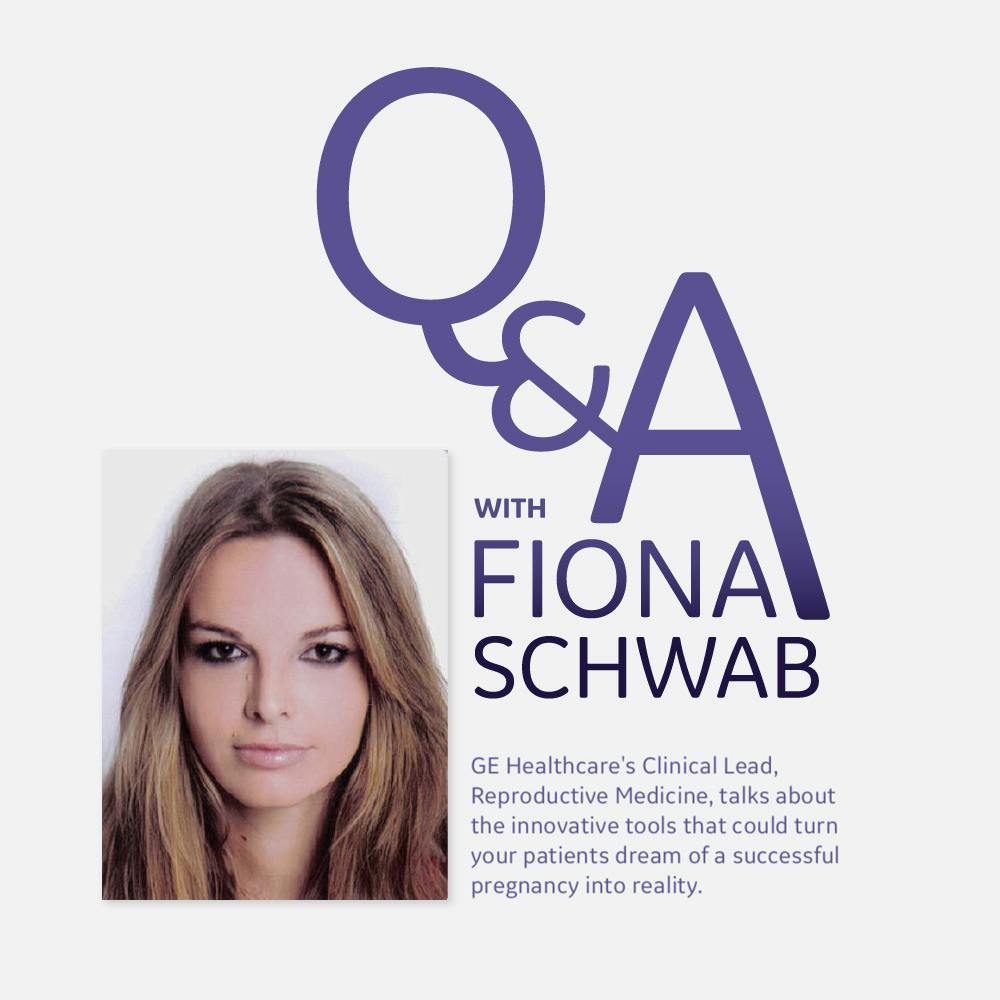Most reproductive endocrinologists would not be shocked to learn that many patients experience sadness and even infertility depression as a result of an inability to get pregnant. Recognizing the difference between these conditions and when and how to help infertile patients in need is important.
Infertility Depression is More Than Sadness
Sadness is a normal, temporary emotional response to a specific situation, such as a new diagnosis or other setback during one's infertility journey. On the other hand, depression is an abnormal, chronic condition that should be taken very seriously.
According to the American Psychiatric Association's Diagnostic and Statistical Manual of Mental Disorders, the symptoms include:
- Routinely (most or all days) feeling depressed.
- Suicidal thoughts or actions.
- Feeling worthless or unwanted.
- Insomnia, extreme fatigue or no desire to get out of bed in the morning.
- Changes in mood, including irritability or agitation.
- Not being interested in once-enjoyable activities.
- Indecisiveness or lacking the ability to concentrate.
- Undereating or overeating, potentially resulting in weight fluctuation.
Depression in Infertile vs. Fertile Women
A study published in the International Journal of Research in Medical Sciences found that infertile women were diagnosed with depression at much higher rates than their fertile counterparts — 57.1 percent and 11.4 percent, respectively. Of those women suffering from infertility depression, 28.3 percent were diagnosed as mild/moderate, 7.2 percent moderate/severe and 1.2 percent as extremely severe.
This association has been reaffirmed by numerous studies over the years, including those published in the University of British Columbia Medical Journal, the Middle East Fertility Society Journal and BMC Women's Health.
Depression Causes Among Infertile Women
The authors of the International Journal of Research in Medical Sciences study speculated about the causes of depression in infertile women. The loss of control and all-consuming nature of infertility are among the top suspicions. For example, infertile women showed a higher level of guilt and lower self-esteem (24.9 percent) compared to fertile women.
However, the researchers also identified risk factors. Depression was greatest for those with infertility lasting two to three years, a lack of partner support, being of advanced reproductive age and of lesser socioeconomic status.
The University of British Columbia Medical Journal and BMC Women's Health research produced similar findings. Additionally, the latter study concluded that financial stress affected infertile women's psychological state.

hycosy lt tube blocked
Depression's Impact on Fertility Treatments
A study published in Social Science and Medicine found that depressive symptoms are not associated with poor fertility treatment outcomes. These results held true for women regardless of their age, how long they were trying to conceive and whether or not they had previously been treated for infertility.
However, infertility depression may keep women from starting treatment. In a study published in Human Reproduction, women who screened positive were 0.58 times as likely to initiate treatment within four months. They were also less likely to pursue treatment with oral medications or IVF.

pcod xl
Don't Forget Male Partners
Male partners are not immune to infertility depression. A study published in Fertility and Sterility concluded that approximately 50 percent of men whose partners undergo IVF experience depressive symptoms, 2.28 percent of whom have active major depression.
Additionally, age seems to play a role: A study published in the European Journal of Obstetrics & Gynecology and Reproductive Biology found that male partners are more likely to show infertility depression symptoms as they age. When looking at treatment options, researchers also concluded that therapy should be gender-specific rather than always focusing on the couple.
How to Help Someone with Infertility Depression
Reproductive endocrinologists and other fertility clinic staff should be vigilant about watching for signs of depression in their patients.
Any practice without a mental health professional on staff should add one, even if it's only part-time. This individual must be knowledgeable about fertility treatments — and perhaps even personally experienced infertility.
If hiring a mental health professional is not an option, reproductive endocrinologists should have a list of local referrals. Again, these individuals should specialize in infertility.
When a viable local referral is not possible, physicians should provide patients with a list of infertility coaches. While coaches are not certified therapists, they often work remotely with patients and can provide much-needed support.




